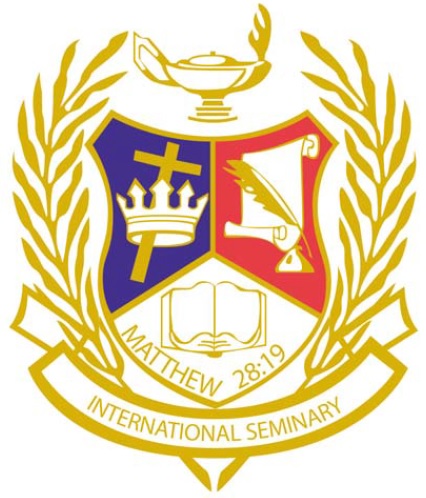No college can guarantee the acceptance of credits or degrees since each student is evaluated and then accepted or denied based upon a number of individualistic factors. For instance, courses in theology would not normally be applied toward a degree in physical education; therefore, those credits, even if they were from a regionally accredited college, would not be transferable. Other factors that influence the acceptance of credits or degrees include the grade point average, entrance exam score, the degree major, ability to pay, etc.
In recent years, International Seminary has sent official transcripts to more than 107 colleges, at the request of students applying for transfer. To help determine the acceptability of an International Seminary degree, the seminary conducted a survey of colleges, seminaries, and universities to determine whether the International Seminary degree graduate was actually accepted. More than 50 institutions responded, in writing, stating that they had accepted, or were willing to accept, credits and degrees from International Seminary. A number of these colleges are regionally accredited schools.
In a 1978 study, the U.S. Department of Health and Human Services documented acceptance of non-traditional or non-regionally accredited programs. Of the thousands surveyed, 97 percent were admitted to the traditional graduate school of their choice, 94 percent experienced no problems in graduate school admission because of having an unaccredited degree, and 99 percent of the holders of non-traditional degrees felt that their degree was as good as, or better than, a traditional degree. In addition to this, a survey of the top personnel officers at 81 large corporations indicated they felt that a non-traditional degree was just as useful as one from a traditional school with a “strong reputation.” As the report said, these findings “run counter to some popular beliefs.” Source: Sosdian, Carol P. and Laure M. Sharp, The External Degree as Credential: Graduate’s Experiences in Employment and Further Study, Washington D.C., U.S. Department of Health, Education and Welfare, 1978.
For the most part International Seminary graduates experience little difficulty in the acceptance of their degrees. Between 5 and 10 percent do experience some difficulty because of life experience credit, or a non-traditional transcript, but this means that 90-95 percent have no problem when it comes to job placement, career advancement, or acceptance to graduate school. International Seminary graduates have been accepted in virtually every position in the Gospel ministry, and presently serve as:
Associate Pastors
Authors
Christian Counselors
Christian School Administrators
Christian School Principals
Christian School Teachers
Church Administrators and Leaders
College Deans and Presidents
Conference Speakers
Denominational Officials
Educators
Evangelists
Large-Church Pastors
Military Chaplains
Missionaries
Music Ministers
Para-Church Ministry Leaders
Pastoral Counselors
Police Chaplains
Prison Chaplains
Professors
Religious Musicians and Vocalists
Small-Church Pastors
Theologians
and others
Teacher Certification
Credits and degrees from International Seminary have been accepted in various states for teacher certification in non-public elementary school systems.

